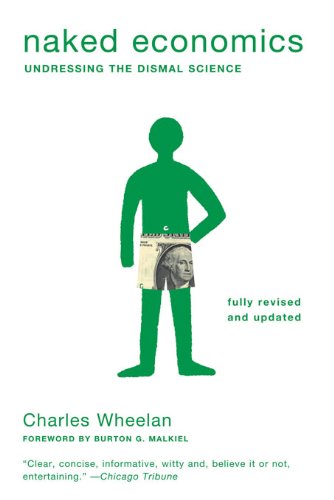
Naked Economics: Undressing the Dismal Science (Fully Revised and Updated)

This is what is often called a "tragedy of the commons." Each dairy farmer has an incentive to add more cows to his herd, because he obtains the benefits of the additional cows while suffering only a fraction of the costs; but collectively the cows ruin the pasture. Dairy farmers need to find some way to avert this tragedy, perhaps throug
... See moreRichard H. Thaler • Nudge: Improving Decisions About Health, Wealth, and Happiness: Improving Decisions About Health, Wealth and Happiness
I find the world is full of people who think that their dependence on others is decreasing, or that they would be better off if they were more self-sufficient, or that technological progress has brought no improvement in the standard of living, or that the world is steadily deteriorating, or that the exchange of things and ideas is a superfluous ir... See more
Matt Ridley • The Rational Optimist: How Prosperity Evolves (P.S.)
